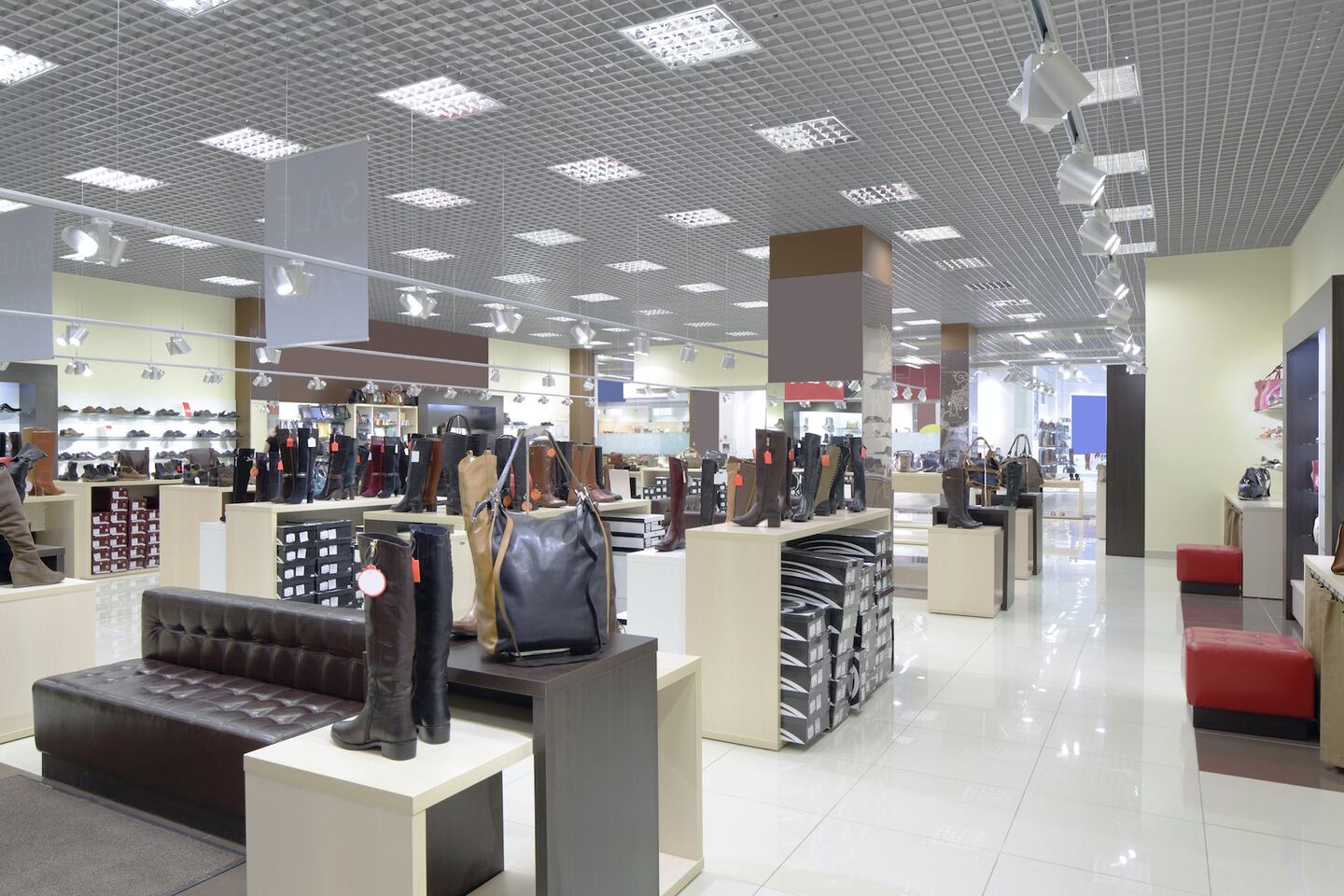
The Business of Fashion
Agenda-setting intelligence, analysis and advice for the global fashion community.

Agenda-setting intelligence, analysis and advice for the global fashion community.

NEW YORK, United States — Online sales may be a saving grace for pandemic-battered retailers with fewer shoppers in their stores. But many retailers, from department store chain Macy's Inc. to essential retailer Target Corp., are grappling with higher expenses related to e-commerce.
Retailers often use the more lucrative in-store sales to subsidise hefty e-commerce costs, ranging from marketing to fulfilment and shipping. Companies don’t usually break out those expenses, which of late have been overshadowed by massive write-downs for unsold inventory and lower online profits.
Margins for the hardest-hit nonessential retailers — including mall-based clothing chains — on average are this year likely to be about half what they were in 2019, according to credit ratings agency S&P Global. The shift to e-commerce probably erased a couple of percentage points from company margins, Sarah Wyeth, senior director for retail and restaurants said.
When it comes to online sales, “retailers have always given away too much margin,” said Neil Saunders, managing director at GlobalData Retail. “Now that more stores are closed and online penetration is higher, losses have exploded.” Historically, sales in stores accounted for more than 80 percent of all retail sales in the United States, according to eMarketer. E-commerce as a percentage of retail sales, excluding gas and auto, zoomed to 22.9 percent in the second quarter after the pandemic accelerated the shift to online shopping, said Andrew Lipsman, principal analyst at that research firm.
ADVERTISEMENT
As of mid-July, the spike of Covid-19 infections around the United States has spurred states such as California to shutter indoor shopping malls — further endangering in-person transactions, which are generally lower cost.
Almost 18 percent of Macy’s stores are in California.
On July 1, the retail operator, which also owns Bloomingdale’s store, said gross margin tumbled to 17.1 percent, down more than 21 percentage points from a year earlier.
Macy’s Chief Executive Jeff Gennette said the chain was seeing “a noticeably worse trend in brick-and-mortar” stores in Texas, Florida and Arizona, where infections are setting new records.
“Conversely, in those particular states, the dot-com business is improving,” he said on the heels of posting a staggering $3.58 billion loss for the quarter that ended May 2.
Fast Forward, Tighter Squeeze
RSR Research co-founder Paula Rosenblum estimated that typical online orders cost retailers roughly 10-15 percent more than purchases in stores, where shoppers do the work of selecting items and transporting them home. Her calculation does not include returns, which are more common with e-commerce purchases because shoppers don’t see, touch or try on products beforehand.
While Amazon.com Inc., Walmart Inc. and other deep-pocketed companies can spend heavily on projects like automation and inventory tracking to reduce e-commerce expenses “a lot of companies are on the ropes and can’t afford to,” said Hilding Anderson, senior director of strategy and consulting at Publicis Sapient.
ADVERTISEMENT
Target stayed open throughout the early stages of the pandemic, but its gross margin fell 450 basis points in the first quarter, when digital sales surged 141 percent. The retailer blamed the deterioration on apparel write-downs, a shift to lower profit sales of food and essential items, and rising digital fulfilment and supply chain costs.
“Our first quarter digital volumes weren’t anticipated for another three years... It was an extreme test of our model and our team,” Target Chief Operating Officer John Mulligan said on a May 20 conference call.
Meanwhile, FedEx Corp. and United Parcel Service Inc. have a lock on e-commerce delivery, but lost a significant amount of high-margin business when offices shuttered. Those carriers are raising their prices to offset the explosion in higher-cost home deliveries of everything from food to furniture and electronics and exercise equipment.
“The margin squeeze might go on for a while,” said Gabriella Santaniello, founder of retail research firm A Line Partners. “It’s going to be really hard to put the genie back in the bottle.”
By Lisa Baertlein, Melissa Fares and Nivedita Balu; editor: Aurora Ellis
As the German sportswear giant taps surging demand for its Samba and Gazelle sneakers, it’s also taking steps to spread its bets ahead of peak interest.
A profitable, multi-trillion dollar fashion industry populated with brands that generate minimal economic and environmental waste is within our reach, argues Lawrence Lenihan.
RFID technology has made self-checkout far more efficient than traditional scanning kiosks at retailers like Zara and Uniqlo, but the industry at large hesitates to fully embrace the innovation over concerns of theft and customer engagement.
The company has continued to struggle with growing “at scale” and issued a warning in February that revenue may not start increasing again until the fourth quarter.